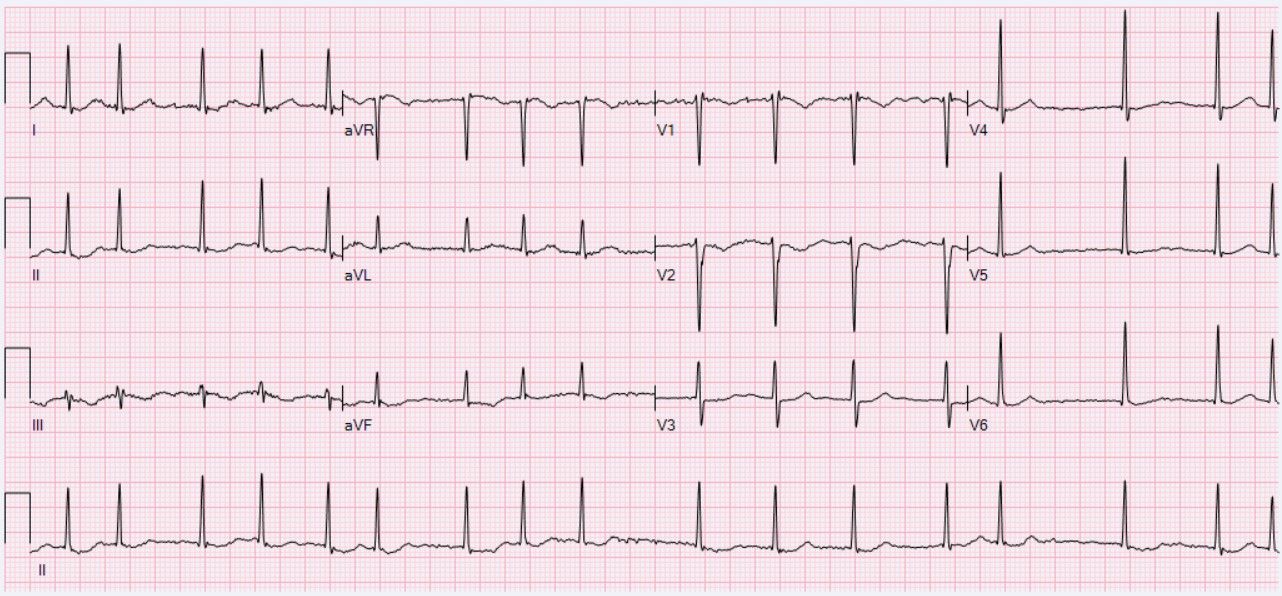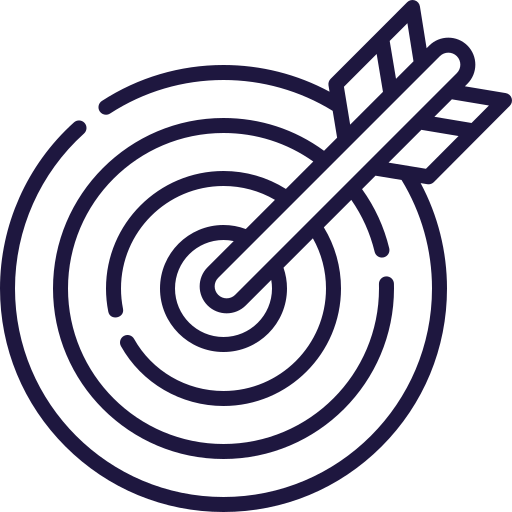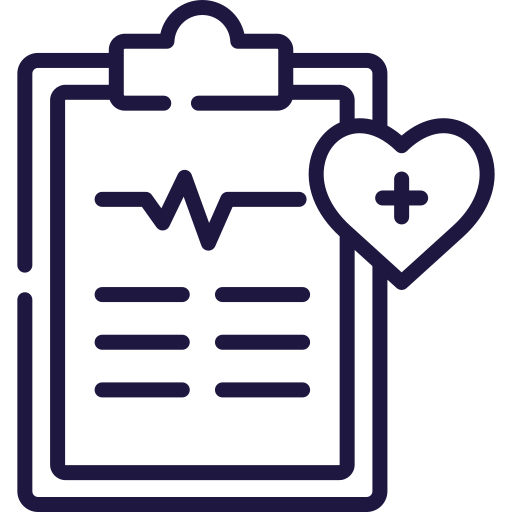ECG interpretation 2
Interpret an ECG for an acutely unwell patient
Candidate Instructions 🧒
You are the FY1 working in A&E.
Your consultant asks you to talk through the ECG which you have just been handed by one of the nurses.
Please answer all of the questions which he has for you.
Patient details:
Name: Paul Smith
DOB: DD/MM/YYYY
Age: 52
Basic info: current cough plus productive sputum (pneumonia), hypertension, diabetes, clinically stable, no other medical history
Recommended time: 5 minutes
Station Material (ONLY OPEN WHEN PROMPTED)
Media 1

Actor Instructions 🤒
Please open Media 1 (candidate instructions - station material - media 1)
Question 1: Outline your systematic approach for interpreting ECGs?
Question 2: What is your diagnosis? Why?
Question 3: Name 3 symptoms which this patient may be presenting with?
Question 4: Name 3 further investigations you would do?
Question 5: What scoring system would you use to decide a need for anticoagulation?
Question 6: Outline the immediate management of this patient?
- No previous history of atrial fibrillation
- CHA2DS2-VASc - >2
- HAS-BLED - <1
Mark Scheme ✍️
Questions
Outline your approach to interpreting this ECG?
all-markschemes.questions
What is your diagnosis? Why
all-markschemes.questions
Name 3 symptoms which this patient may be presenting with?
all-markschemes.questions
Name 3 further investigations you would do?
all-markschemes.questions
What scoring system would you use to decide a need for anticoagulation?
all-markschemes.questions
Outline the immediate management of this patient?
all-markschemes.questions
Convert your points into a realistic exam mark
Accurate scores
Our smart mark schemes are threshold-based, reflecting how medical schools truly mark OSCE stations.
First-decile strategy
Easily log your scores and differentiate between low- and high-performing stations to target your weaknesses.
Diagnostic expert
Listen to murmurs, interpret CXRs and read ECGs. Integrated media to help you become a diagnostic expert.


